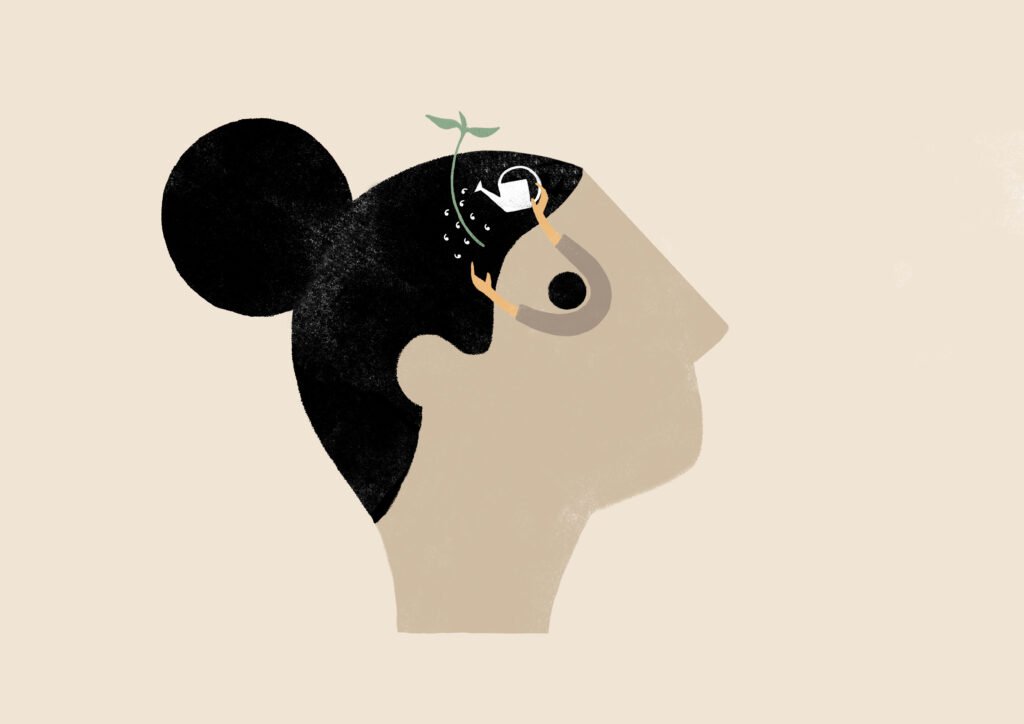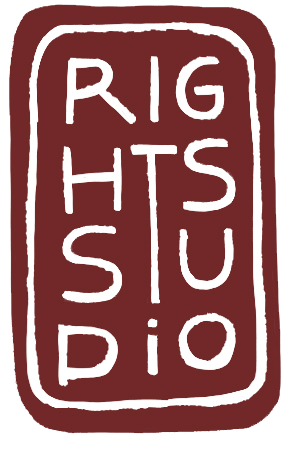
What do you do when you realise that despite your best efforts, you cannot change the world?
The idea for The Rights Studio, in part, came out of this realisation: that you cannot change the system. You can tweak it, maybe, but none of us have the power, individually or as an organisation to achieve the kind of change that is needed today. But since doing nothing is not an option, we decided to step sideways and try something new. Because we all need a new narrative, a new language; other forms of hearing and telling the kinds of stories that will go on to change the world, long after we are gone.
We know that evidence and facts are essential, but alone, they are not enough. Our rational minds have for too long oppressed us into explaining everything in rational ways; separating mind from body, and ideas and creativity from organisational plans. Essentially, taking our humanity out of everything.
But, as writer and feminist theorist Minna Salami explains, “we are not simply rational and mental beings, we are also emotional and physical beings… The idea that calculable reasoning is the only worthy way to explain reality through is one of the most dangerous ideas ever proposed… The more robotic society becomes, the more social problems there are.”
Against this backdrop, we are seeing calls for new approaches emerging from different parts of the world, many rooted in indigenous traditions, African feminist thinking, and movements for racial justice. Some of these, for example, are expressed in calls for emotional justice and healing justice to become part of our collective struggles.
And many of these ideas are first expressed through art, because, as Minna Salami puts it, “art captures reality from the inside out. Art explains who we are because our existence is artful.”
So how do we weave together the rational with the creative? What does this narrative look like when approached with all the layers of our humanity? How do we create this new language that invites another way of thinking and of questioning? And how do we make space for other voices and perspectives in these conversations?
This is what we have started to explore at the Rights Studio, and in particular during our first Festival which took place this April.
By weaving together different conversations with young activists, designers, poets, filmmakers, musicians and comedians, we began this journey; not to define a new language, nor to dictate a narrative, but simply to see what happens when different people come together in a shared space to tell stories from totally different perspectives.
From a film screening on the art and necessity of play with Brazilian film-maker Cacau Rhoden and journalist Irene Caselli; nuanced explorations of climate emotions with Nigerian-based youth-led organisation SustyVibes; a riotous comedy gig celebrating youth and challenging power with some of the UK’s finest comedians including Nish Kumar and Deborah Frances-White; an intimate evening of spoken word poetry reimagining dominant narratives with East African poets; an interactive digital forest, mural paintings inspired by the stories of young people in South Africa, a sprawling soundscape from crowd-sourced everyday sounds and more – a rich tapestry of lives and stories were woven together.
In many ways, this festival was an exercise for us all to practice listening and seeing. In the words of Marcel Proust: “[t]he real voyage of discovery consists not in seeking new lands but in seeing with new eyes.”
There is of course a thread that binds all these events together, and that is the willingness to sit with the questions. And in the coming months, things will grow and branch out in various directions from each of these conversations. In the meantime, if you would like to engage with some of the ideas and questions presented during the festival, you can catch up on the events here.
Words, Veronica Yates and illustration Miriam Sugranyes
